Dem-NPL Leaders say Infrastructure Legislation Good for North Dakota
Bismarck, ND – The Senate has approved legislation to respond to growing infrastructure needs in North Dakota. The final vote was 46-0 in favor. The concept was first proposed by Dem-NPL leaders last summer during the height of the COVID-19 pandemic.
The bill (HB 1431) authorizes the use of $680 million in infrastructure bonds to finance local projects. This gives cities and local governments a way to spread out the costs of these projects over several years through a series of low-interest bonds. Bonding also frees up money for priority needs that cannot be bonded for, like education, human services, and other government functions as the state faces likely budget cuts. Bonds would be repaid over time using earnings from the Legacy Fund.
Democratic leaders called for a special session last summer to ensure 2020 CARES Act funding was allocated fairly across North Dakota and to consider passing bonding legislation to respond to the effects the pandemic was having on the economy. A bonding bill introduced by Dem-NPL leaders earlier this year was defeated by the Senate. That bill would have left the decision-making on the types of projects that would be financed to state and local governments. The GOP proposal, however, earmarks much of the funding to specific projects.
Sen. Tim Mathern (D-Fargo), a senior member of the Senate Appropriations Committee and the original sponsor of the Dem-NPL bonding bill, expressed support for the new legislation. “We are encouraged that our Republican colleagues now see the need for these kinds of programs.”
Rep. Josh Boschee (D-Fargo) echoed that sentiment saying “These may not be popular ideas for some legislators, but we have to make decisions that improve the livelihoods of North Dakotans. Not just industries or major corporations, but families, education, and health and human services.”
Sen. Joan Heckman (D-New Rockford) continued, “We need to think differently about how we do government. These bills provide us the tools to use creative financing to fund priorities that maybe aren’t always popular, but would be good for making North Dakota a more competitive and more inviting place for people to live and work.”
###

